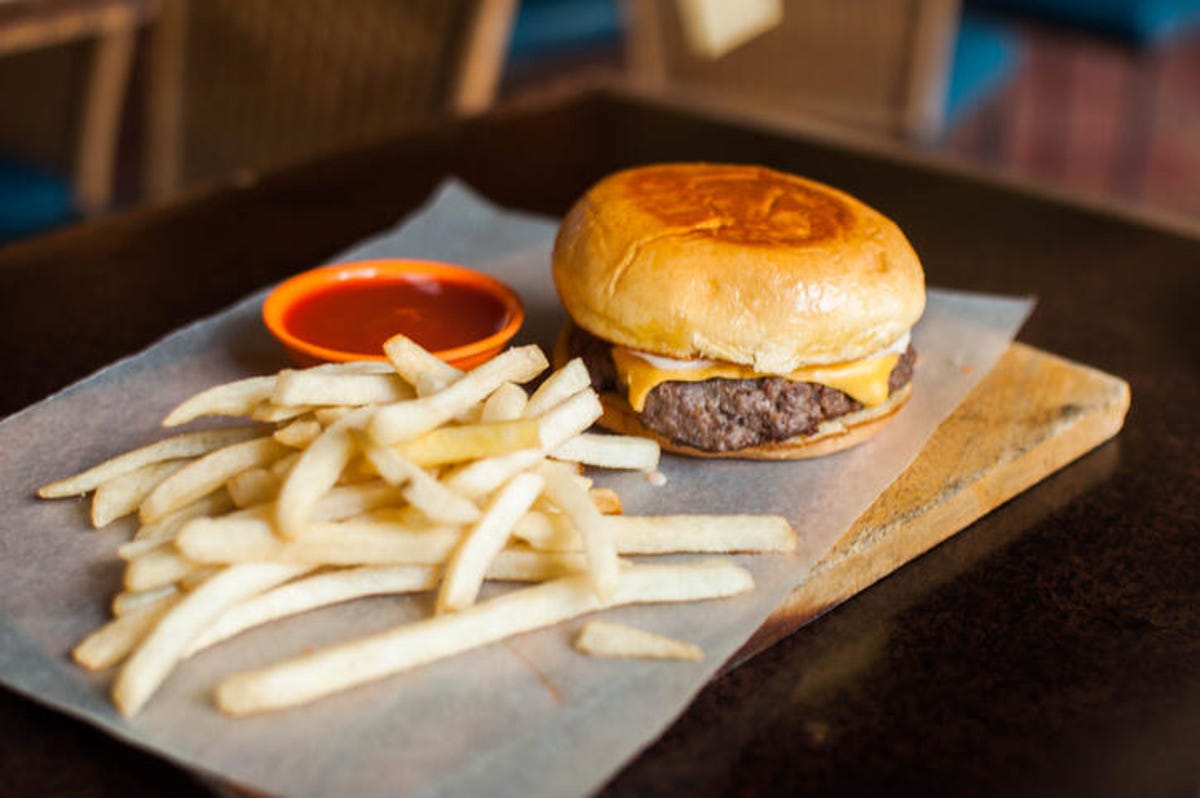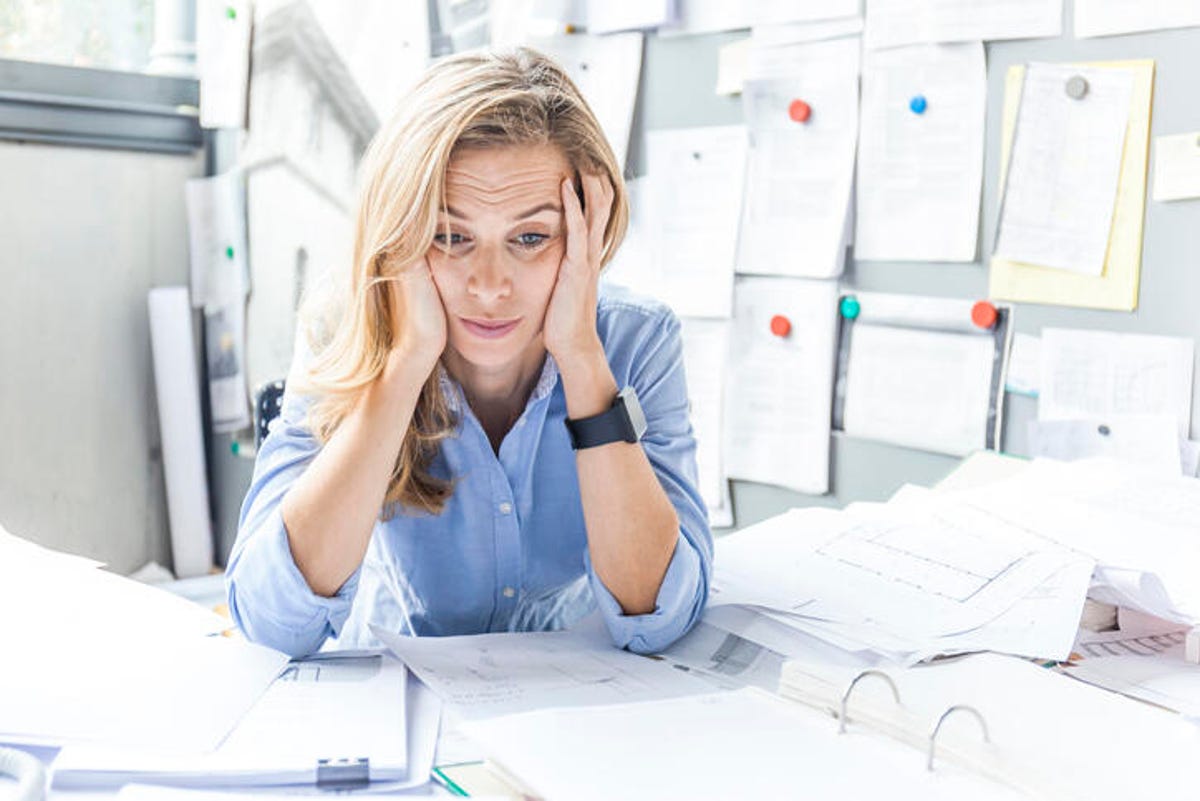From vegnews.com
Tossing and turning is so last year! From weighted blankets to bath bombs, these soothing items will help you fall, and stay, asleep
Getting a good night’s sleep is as important as ever—and harder than ever too, due to the unrelentingly plugged-in nature of our society. Adequate deep sleep helps ease stress, anxiety, and aging effects and has many healing benefits. These 11 vegan products will help soothe you to sleep—and perhaps more importantly, help you stay asleep. But first, can vegan foods help you sleep better?
ACHIEVING BETTER SLEEP WITH PLANT-BASED FOODS
The much-beloved avocado can carry sleep benefits. Their magnesium content means regular consumption may help with relaxation and sleep efficiency, and their potassium levels will also help with nerve, muscle, and heart function. They also contain biotin, which is good for healthy hair, and carotenoids, which are beneficial for the immune system.
Olive oil has also been associated with a better night’s sleep. Drinking olive oil before bed has risen in popularity on social media. Many maintain that this is the best way to enjoy many of the benefits associated with olive oil and that it can also help you feel fuller, which means if you drink it right before bed, you may reduce the risk of being woken with hunger pains. It may also help to relieve other sleep-disrupting issues, like bad digestion and constipation. The truth is, there is little research to suggest that this is necessary. Instead, you can boost your levels of healthy fats by simply consuming it with food, or cooking with it, as extra virgin olive oil retains its health benefits even when it is heated.
Outside of whole, plant-based foods, edible vegan products—such as CBD gummies—can also help achieve a full night of sleep. In 2019, the brand CBDistillery conducted a customer survey, which revealed that 88 percent of consumers found CBD helped with temporary anxiety. Plus, 89 percent said it helped calm their mind and helped them to get better sleep, and 84 percent said it helped to manage pain after physical activity. Studies have also linked CBD with improved sleep, as it is associated with temporarily reduced levels of the stress hormone cortisol.
VEGAN PRODUCTS FOR BETTER SLEEP.
These 11 cruelty-free products will help bedtime feel more restful, luxurious, and cosy than ever before.
Cozy Earth
1COZY EARTH’S BAMBOO VISCOSE COMFORTERS
These sustainably made, down-free, bamboo viscose comforters are temperature-regulating and perfect for sweaty sleepers. It comes packaged in a reusable weekender bag for an ultimate eco-finish from start to finish and we love how buttery soft they feel. Plus, Cozy Earth uses total transparency from the production to the textiles used to make each piece of bedding, so we can feel extra good about snuggling up at night.
Yana Sleep
2YANA SLEEP 360 BODY PILLOW
This 360 degree, weighted, whole body hugging pillow is so dreamy that you’ll be slipping off into blissful sleep in no time. Not only that, but Yana Sleep is AAPI- and women-owned, made from organic cotton and bamboo velour that’s both sustainable and luxe, and made with cooling technology. This VegNews Editor can personally attest to its quality and zzz-inducing effects.
TruSens
3TRUSENS ULTRASONIC HUMIDIFIER
Avoid waking up with a dry, scratchy throat and irritated, dry skin when you have this quiet device humming by your bedside. A high-performance water filter emits a clean, soothing mist and a UV-C light kills bacteria in the mist. We love that we can keep a remote on our bedside table to control it to our liking from the comfort of our bed.
Loftie
4 LOFTIE BLUETOOTH ALARM CLOCK
Say goodbye to your harsh, blaring smartphone alarm clock forever with this two-phase alarm made with professionally crafted non-alarming alarm tones. Plus, the white noise and soundbath functions help ease you into a deep night’s sleep and ensure you stay peacefully asleep through the night.
5 HONEYDEW PILLOW
The ideal balance of soft, cool, and responsive no-pressure-support is achieved in this next-level pillow. Specifically designed for side sleepers, this neck-supporting pillow eliminates painful neck aches from sleeping and ensures a restful night’s sleep. Even better? It’s made from synthetic materials so no animals were harmed in the making of your much-needed R&R.
Gaia Herbs
6GAIA HERBS SLEEP GUMMIES
The powerful combination of ashwagandha and passionflower in these chewy, gelatine-free gummies combine to get you ready to drift off to dreamland in no time at all. Sweetened with apple and tart cherry and flavoured with sweet orange oil, these all-natural sleep aids are as tasty as they are effective.
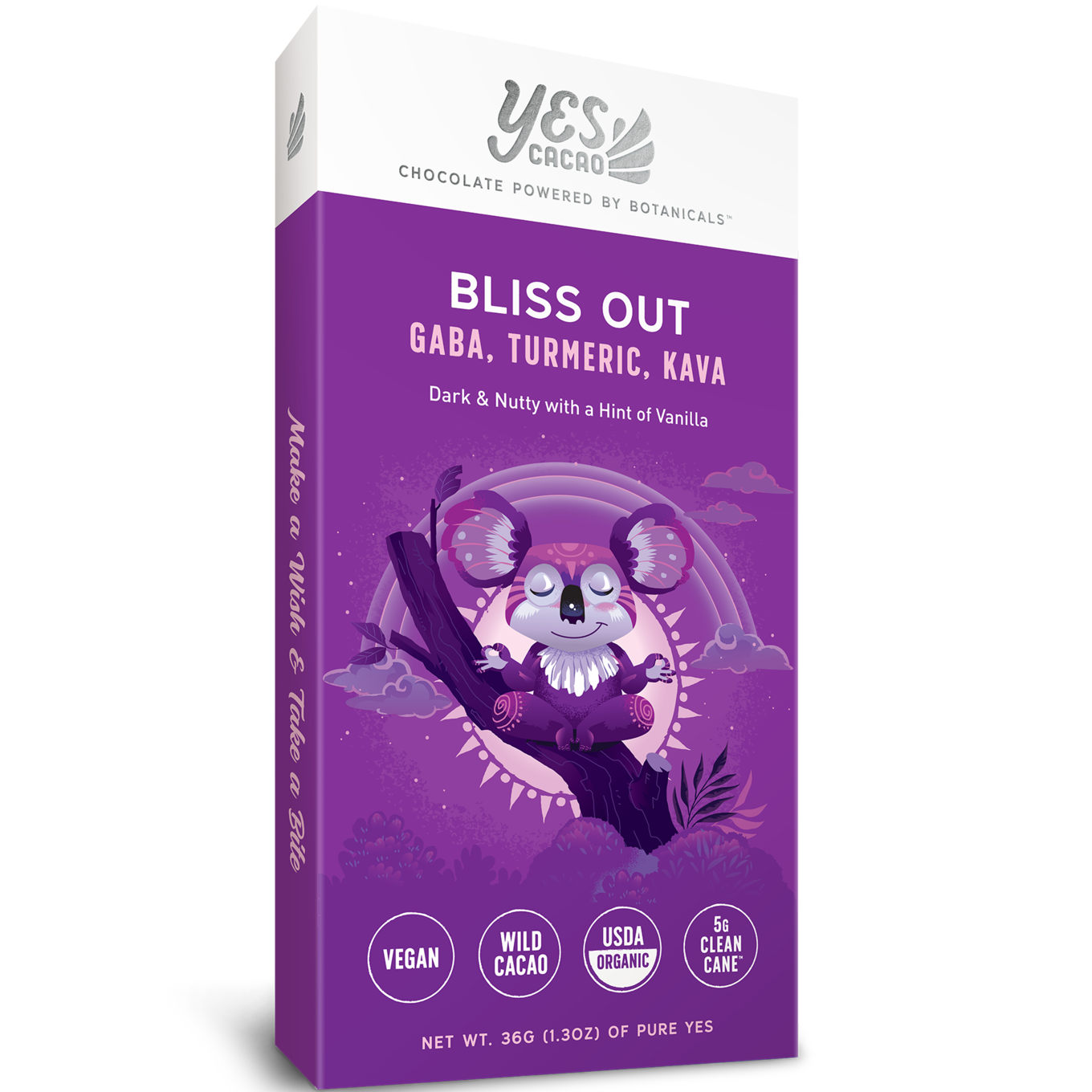
YES Cacao
7BLISS OUT CHOCOLATE BARS
Skip the melatonin. Eat chocolate instead! These YES Cacao bars turn to three key ingredients to help consumers achieve a more restful, peaceful slumber. Gaba, Blue Lotus, and Kava help reduce anxiety, boost mood and cognitive function, and aid in accessing a tranquil state when consumed. They also use high-quality, organic, raw, wild-harvested cacao so you can reap the health benefits of cacao while getting a good night’s sleep.
Bearaby
8BEARABY CHUNKY KNIT WEIGHTED BLANKET
This thick, chunky knit organic cotton throw weighs up to 25 pounds (depending on the weight you choose) and feels buttery soft! The breathable knit prevents you from overheating in any season while the even weight distribution makes you feel all the calming effects of a weighted blanket.
Madison & White
9BEDTIME BEAUTY SATIN PILLOWCASES
Many consumers turn to silk pillowcases to protect their precious locks, but this cruelty-free alternative utilizes satin to achieve the same effect without the dehydrating and friction-building effects of cotton. They help your hair retain moisture, save you from daily washes, and promote healthier locks so you can sleep deeper knowing you’ll wake up feeling great.
Osea
10OSEA’S VAGUS NERVE PILLOW MIST
Lightly mist your pillows with this soothing, nerve calming mist before bed for a moment of aromatherapy. The vagus nerve activates the body’s relaxation response and helps regulate stress, so each spritz of this luxe spray ensures relaxation and calm.
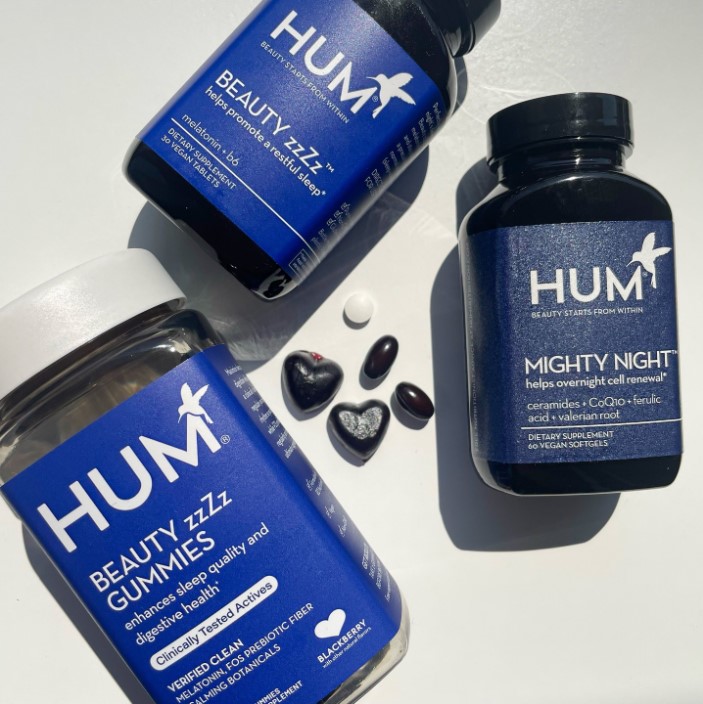
Hum Nutrition
11HUM NUTRITION BEAUTY ZZZZ GUMMIES
Melatonin, prebiotic fibre, and calming botanicals (think chamomile, lemon balm, and passionflower) are packaged up in one soft, sweet, and chewy gelatine-free gummy that’s ready to drift us off into dreamland. Not only are they helpful for a good night’s sleep, but they’re also kinder to the environment, by preventing the equivalent of 4 plastic bottles from littering the ocean with each one bottle of gummies.
https://vegnews.com/vegan-health-wellness/wellness/vegan-products-best-night-sleep
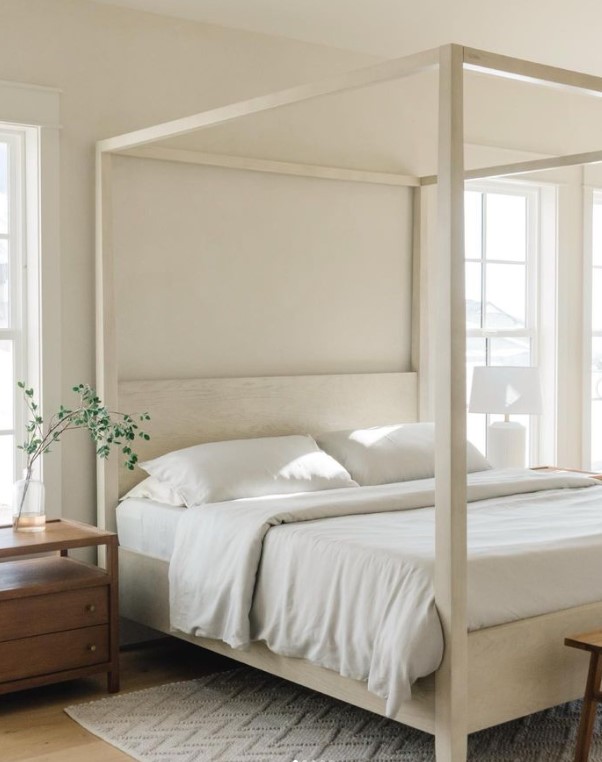
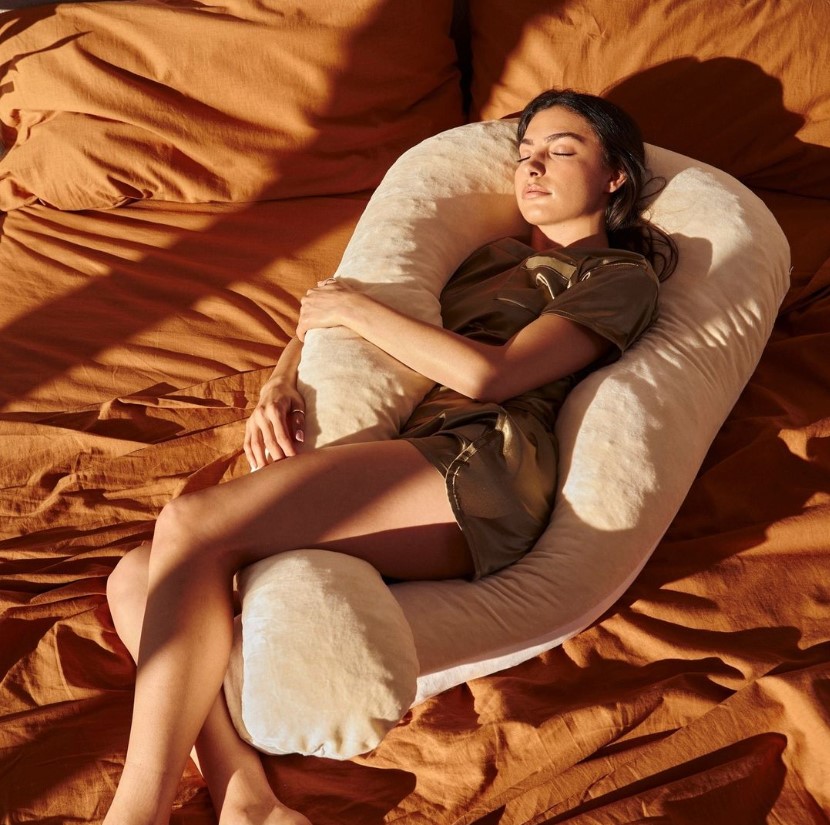
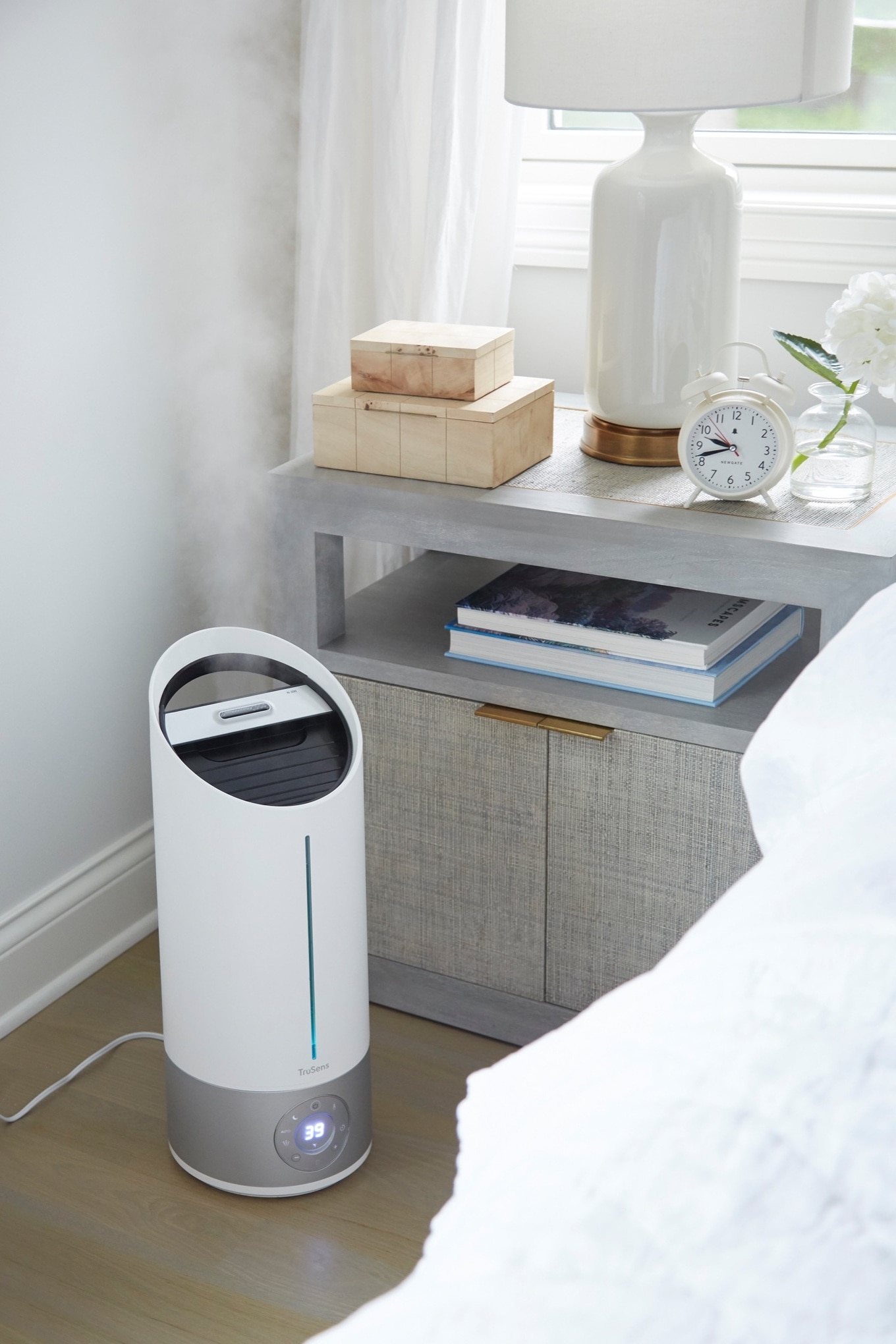
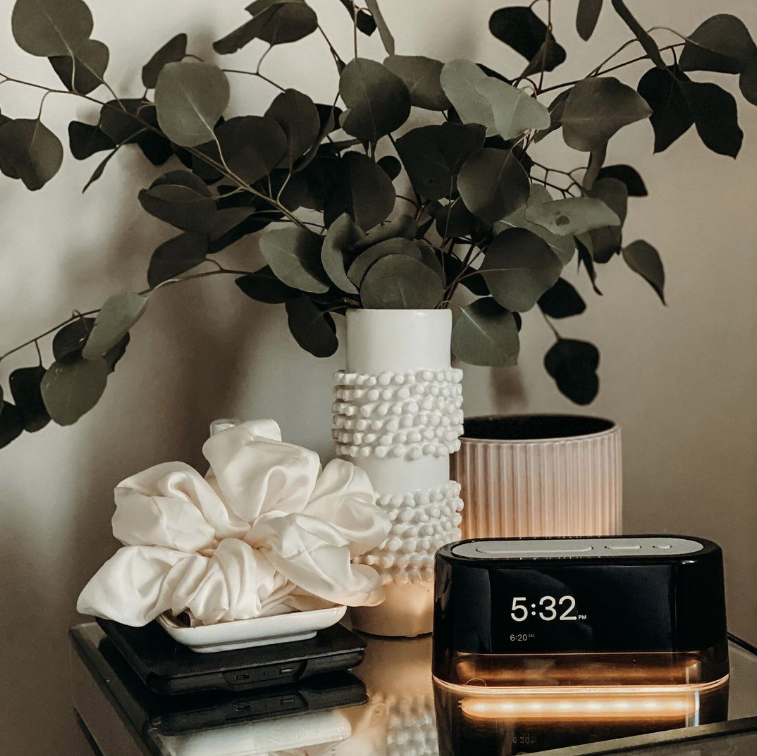
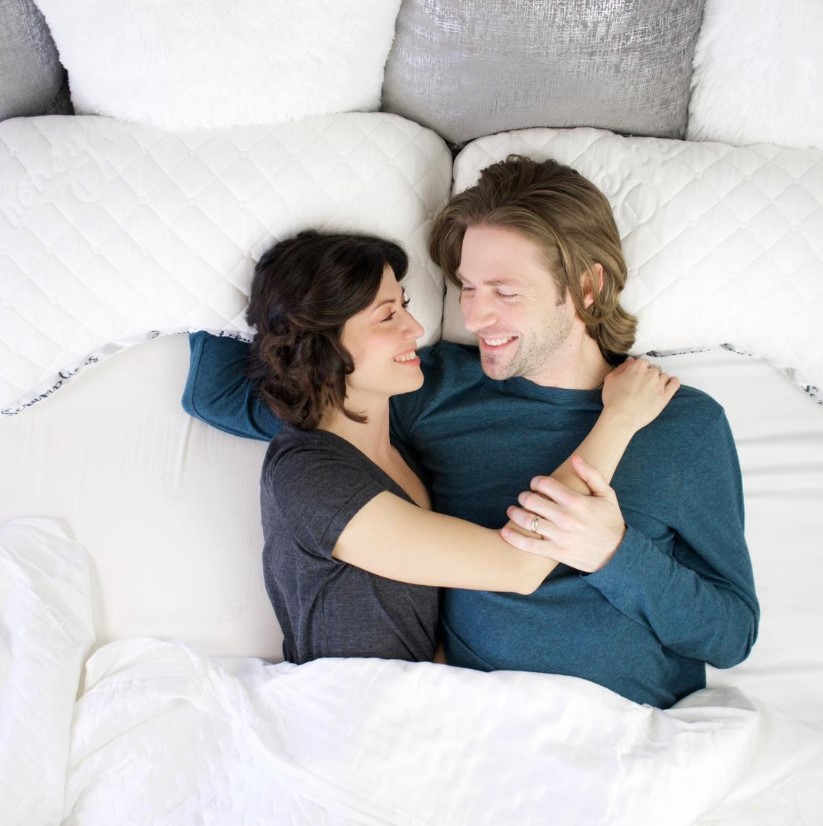
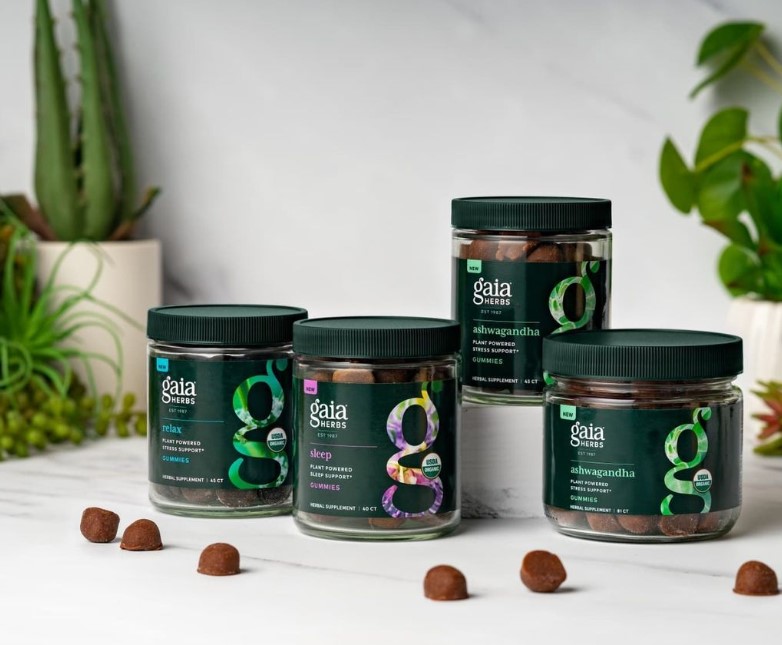
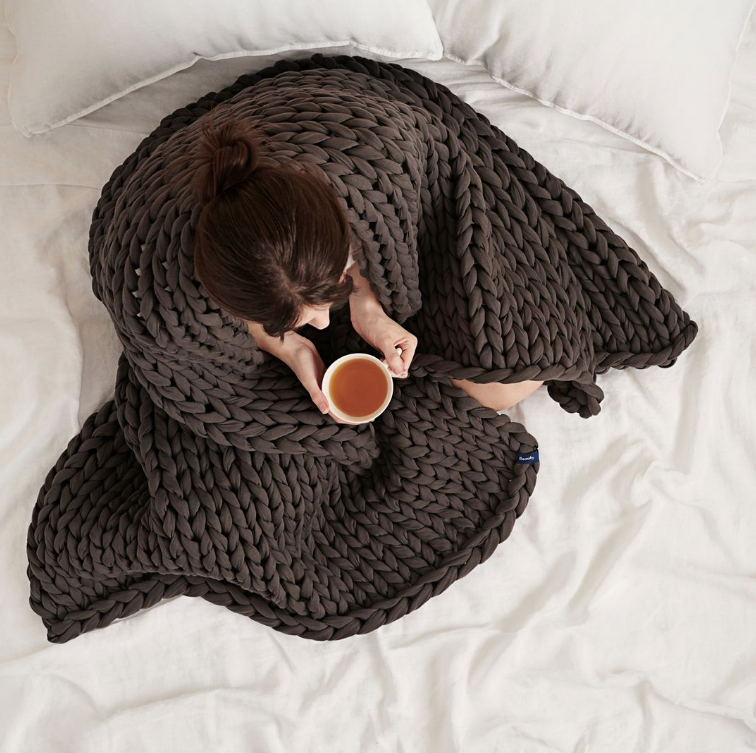
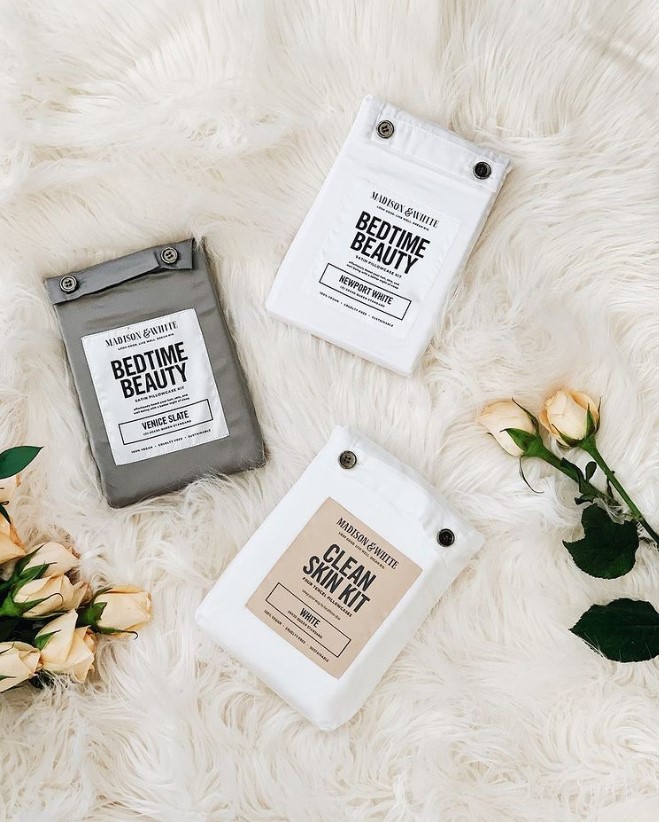
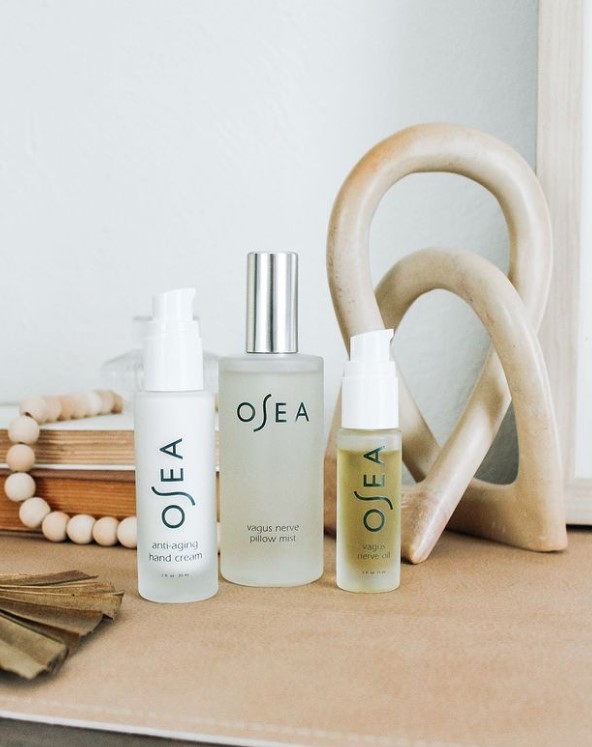
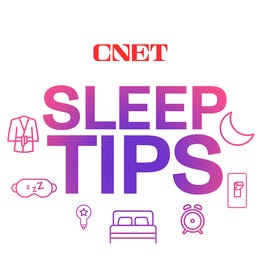
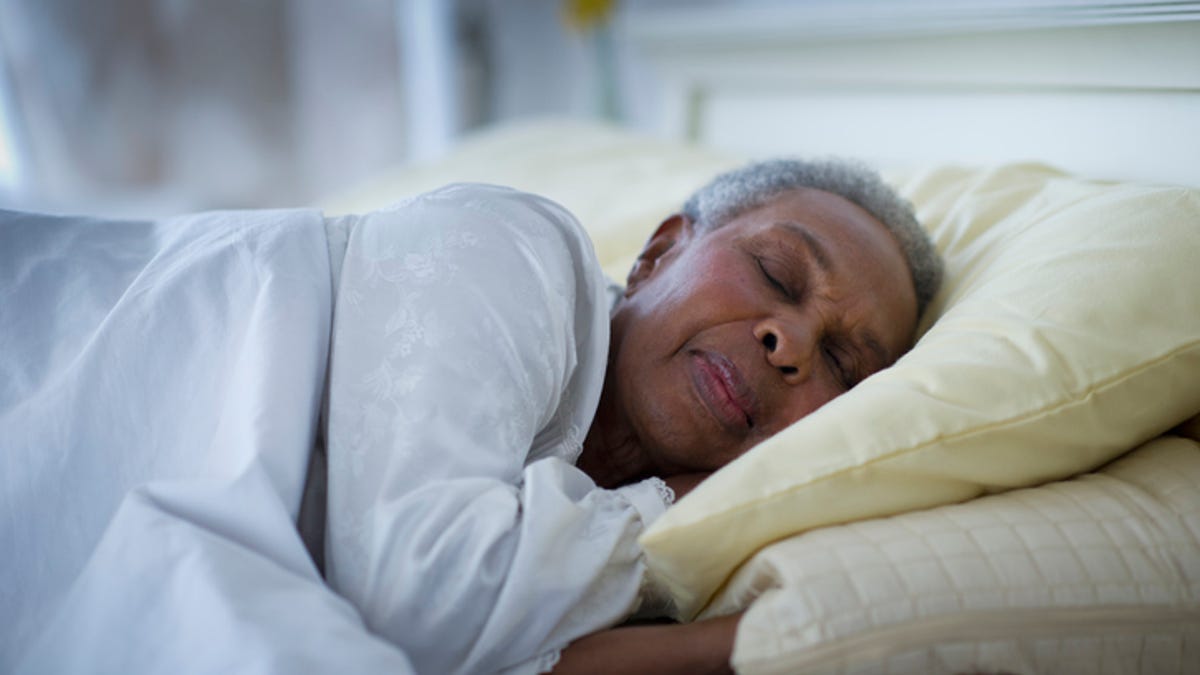
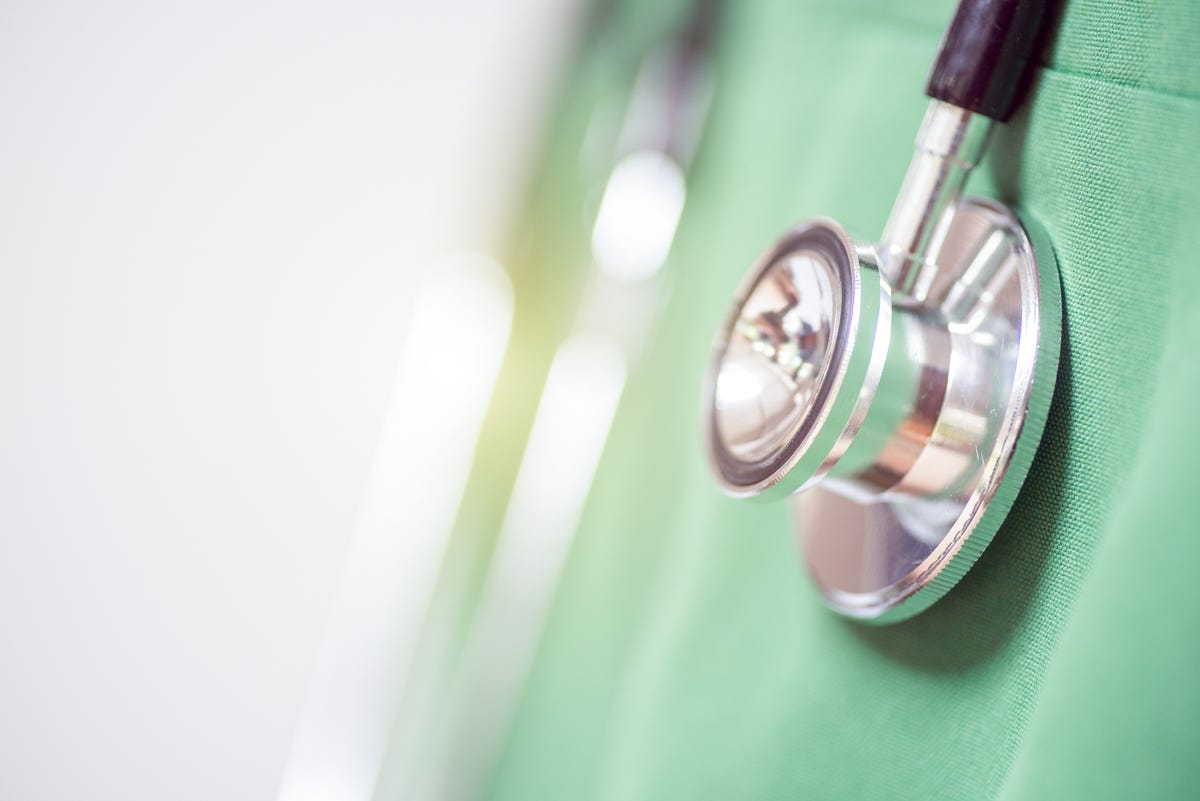
:max_bytes(150000):strip_icc():format(webp)/Health-Stocksy-4648521-5599aaedc5b546ac93786f48a0e1595f.jpg)
